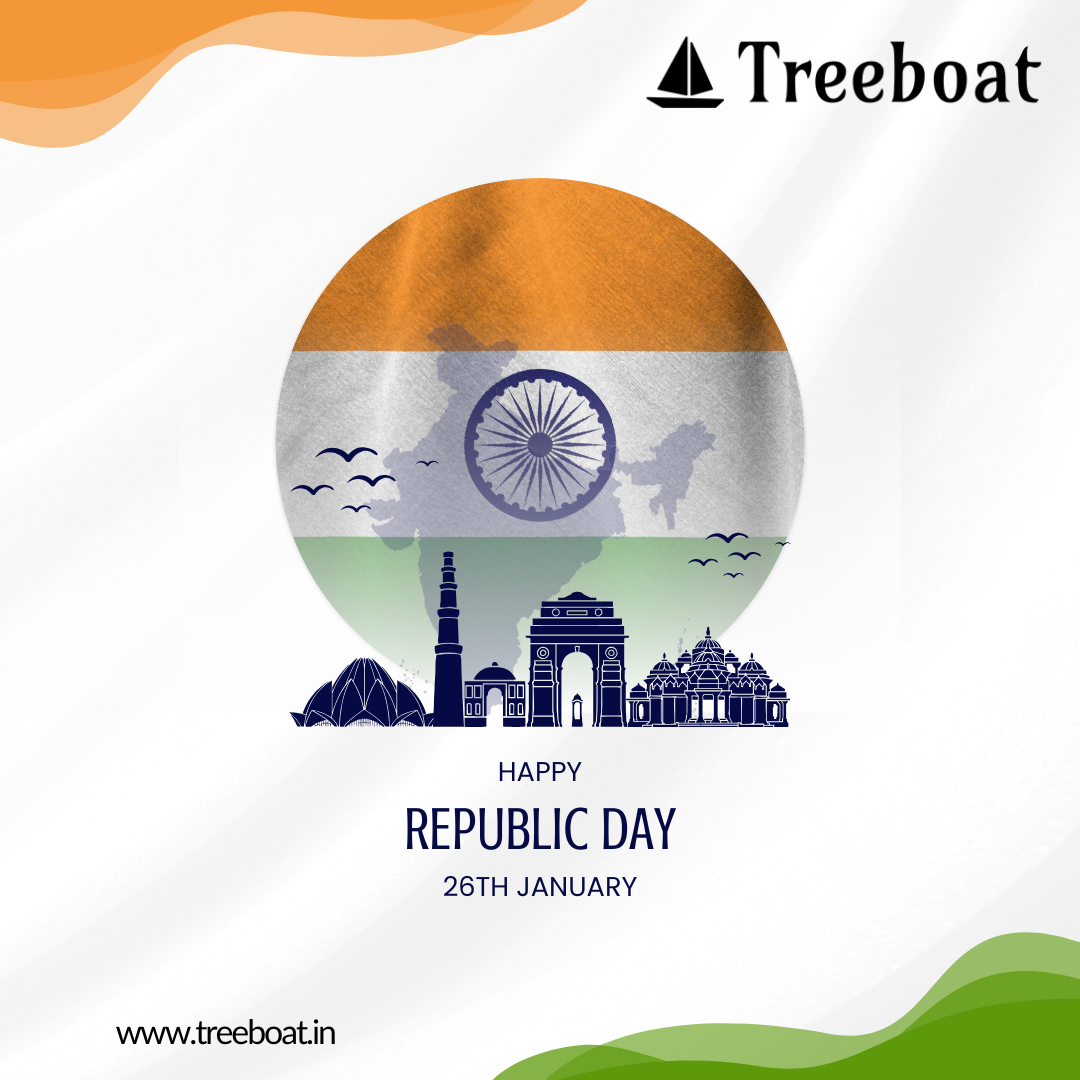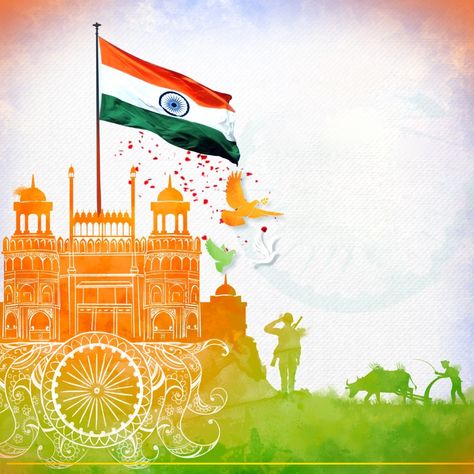What is Republic Day and Why Does India Celebrate 26th January as Republic Day?
Republic Day holds a special place in the hearts of every Indian. It’s not just another holiday marked on the calendar; it’s a day of reflection, pride, and gratitude. Celebrated every year on January 26th, this day commemorates the birth of a republic, where India stood tall as a sovereign nation, free from colonial rule and governed by its own people. But why exactly January 26th, and what makes Republic Day so significant to the soul of the nation?

The Birth of the Indian Republic
Republic Day is not merely a celebration of India’s independence, but a day that marks the official establishment of India as a republic. While India gained freedom from British colonial rule on August 15, 1947, it took nearly three more years for the country to adopt its Constitution—the very document that would guide the nation through its democratic journey. And it was on January 26, 1950, that the Constitution of India came into effect, turning the nation into a sovereign republic.
Before this, India was still considered a British Dominion, and governance was heavily influenced by the British monarchy. The Constitution gave India a voice of its own, placing power in the hands of the people and setting the framework for the country’s democratic governance. It was the day India officially took its place in the world as a republic, with equal rights and responsibilities for every citizen.
The Symbolism of January 26th
Why did India choose January 26th for this momentous occasion? The answer lies in the history of India’s freedom struggle. January 26, 1930, was the day the Indian National Congress declared the goal of Purna Swaraj, or complete independence from British rule. For over a decade before that, India had been pushing for self-rule, but it was on this very day in 1930 that the call for absolute independence, free from any colonial control, was made loud and clear.
Although India achieved independence in 1947, the idea of Purna Swaraj—complete independence—remained central to the heart of the nation. By adopting the Constitution on January 26, 1950, the country honored that promise and marked its true transformation into a republic—a state where the voice of every citizen mattered.

Republic Day Celebrations: A Heartfelt Tribute
Republic Day isn’t just a date on the calendar—it’s a celebration that fills every heart with a sense of belonging. While the main celebrations take place in New Delhi, with a grand parade at Rajpath, the spirit of the day is felt across the nation.
The Republic Day parade is an awe-inspiring event, one that showcases India’s rich cultural diversity, military strength, and technological advancements. But it’s also an emotional spectacle—each float, dance, and performance represents a piece of India’s soul. The President of India leads the parade, hoisting the national flag while delivering a speech that resonates with every citizen, reminding them of the values the nation stands for: democracy, equality, and justice.
As fighter jets zoom overhead in a stunning fly-past, leaving a trail of tricolor smoke in the sky, the entire nation watches in awe, united under the banner of the Indian flag. From the farthest corners of the country to the smallest towns, people gather for flag hoisting ceremonies, patriotic songs, and speeches that stir the heart.
It’s a day to celebrate how far India has come and to honor the people—freedom fighters, leaders, and citizens—who made it all possible. It’s a day when the whole country feels like one, standing tall with pride in the glory of its past and the promise of its future.
The Constitution of India: A Landmark of Unity and Justice
The Constitution of India is often referred to as the nation’s sacred document. It’s not just a set of laws; it’s a living, breathing representation of the ideals that bind every Indian together. Written with wisdom and foresight, the Constitution lays down the fundamental rights and duties of every citizen, ensuring justice, equality, and liberty for all. Dr. B.R. Ambedkar, the chief architect of the Constitution, shaped a document that would protect every Indian, regardless of background or belief, under the banner of justice.
The Constitution came into force on January 26, 1950, and it’s this very day we celebrate—the day when India became a republic, a democratic country where the people chose their leaders, decided their laws, and shaped their own destiny.
Why Republic Day Matters
Republic Day is much more than a celebration of a historic event—it’s a reminder of what we, as a nation, stand for. It’s a celebration of democracy—a system where every individual has the right to speak, to vote, and to live freely. It’s a tribute to the countless freedom fighters who sacrificed everything for this moment, for a free and just India.
Every year, as the national anthem echoes and the tricolor flutters proudly in the sky, Republic Day brings us back to the heart of our values. It’s a moment to reflect on how far we’ve come, and to reaffirm our commitment to the ideals that have kept India strong: unity, diversity, and equality.
Republic Day also serves as a reminder of the work that still lies ahead—a commitment to the values of justice and fairness that our Constitution laid out. It’s about striving for a nation where no one is left behind, where every citizen has access to the opportunities and rights they deserve.
Conclusion
Republic Day isn’t just a date; it’s a living, breathing celebration of everything that makes India unique. From its rich history to its vibrant present and hopeful future, this day serves as a powerful reminder of India’s journey—a journey of freedom, equality, and democracy. It’s a day to be proud of, a day to reflect on the sacrifices made by those who fought for the India we know today, and a day to honor the Constitution that continues to guide us.
As the national anthem fills the air and the Indian flag flutters proudly in the sky, Republic Day is a time for every Indian—whether at home or abroad—to feel a deep sense of belonging, pride, and hope. It’s a day to celebrate not just the India of today, but the India of tomorrow—a country that continues to build on its past and shape its future with resilience, unity, and love for every citizen.
The Birth of the Indian Republic